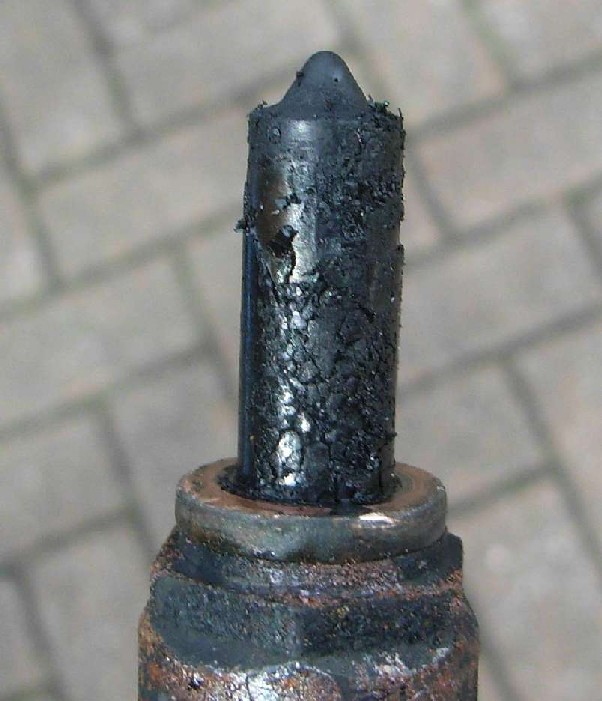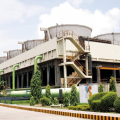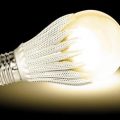Diesel engines are notorious for being dirty and they are equipped with fuel injection. Diesel-powered cars usually use indirect injection, while larger diesel engines have direct injection. For fuel economy reasons, many passenger cars already use direct injection. In general, indirect injection tends to be quieter and smoother, while direct injection is noticeably more efficient. In diesel engines, fuel injector sprays fine fuel mist into compressed, hot air. Eventually, the mixture ignites and the cycle of combustion process takes place. In diesel engines, good combustion can be achieved by proper fuel-air mixture and atomization.
Modern diesel injectors are designed to optimize the overall process of fuel combustion. The flow is designed to allow small injection to initiate the combustion process. More fuel is injected progressively into the hot, burning mixture, making the entire process more sustainable. This approach should provide smoother combustion and constant rise of pressure. Both diesel and gasoline fuel have components that boil over different range of temperature. In this case, the range of diesel fuel is generally higher than the range of gasoline. When we switch off the engine, remaining fuel near or in the pintle will mix together with any remnant of the engine oil that doesn’t burn. Consequently, the soak temperature will be higher. High temperature will cause free radicals to form and eventually, deposits will start to form inside the injector.
Diesel fuel doesn’t have similar control specifications for the injector deposits. In some cases, it would be useful for consumers to use quality aftermarket fuel treatment products that can prevent the formation of deposits and remove them. Eventually, owners of diesel cars will experience the effects of accumulated deposits on diesel injectors. For highly efficient diesel engine operation, clear injector is essential. In this case, we need well-dispersed spray pattern that can maximize the fuel-air mixture. Good atomization should ensure efficient and rapid combustion. All diesel fuels tend to form some amount of deposits on the injector’s annulus. The deposits are likely tobe caused by thermal decomposition, due to the presence of unstable compounds in the diesel fuel.
Injectors in diesel cars are designed to tolerate some amount of deposit accumulation. However, low-grade diesel fuel could cause deposits to accumulate excessively in the injector. This will degrade atomization and disrupt the spray pattern of the fuel. Deposits in the fuel injector could cause degraded atomization, disrupted pattern of fuel spray and progressive injector coking. Injector with deposits will have 15 percent reduction in city driving economy and 5 percent reduction of fuel economy in highway. These symptoms could depend on the level of plugging. Under the worst situation, the flow can be restricted by as much as 30 percent and the increase in hydrocarbon emission could increase by up to 700 percent. When injectors are badly fouled up, some cylinders could receive too little fuel, while others may receive too much. Once these injectors are cleaned, we should get between 10 to 15 percent of improvements in fuel economy.































No Comments
Leave a comment Cancel